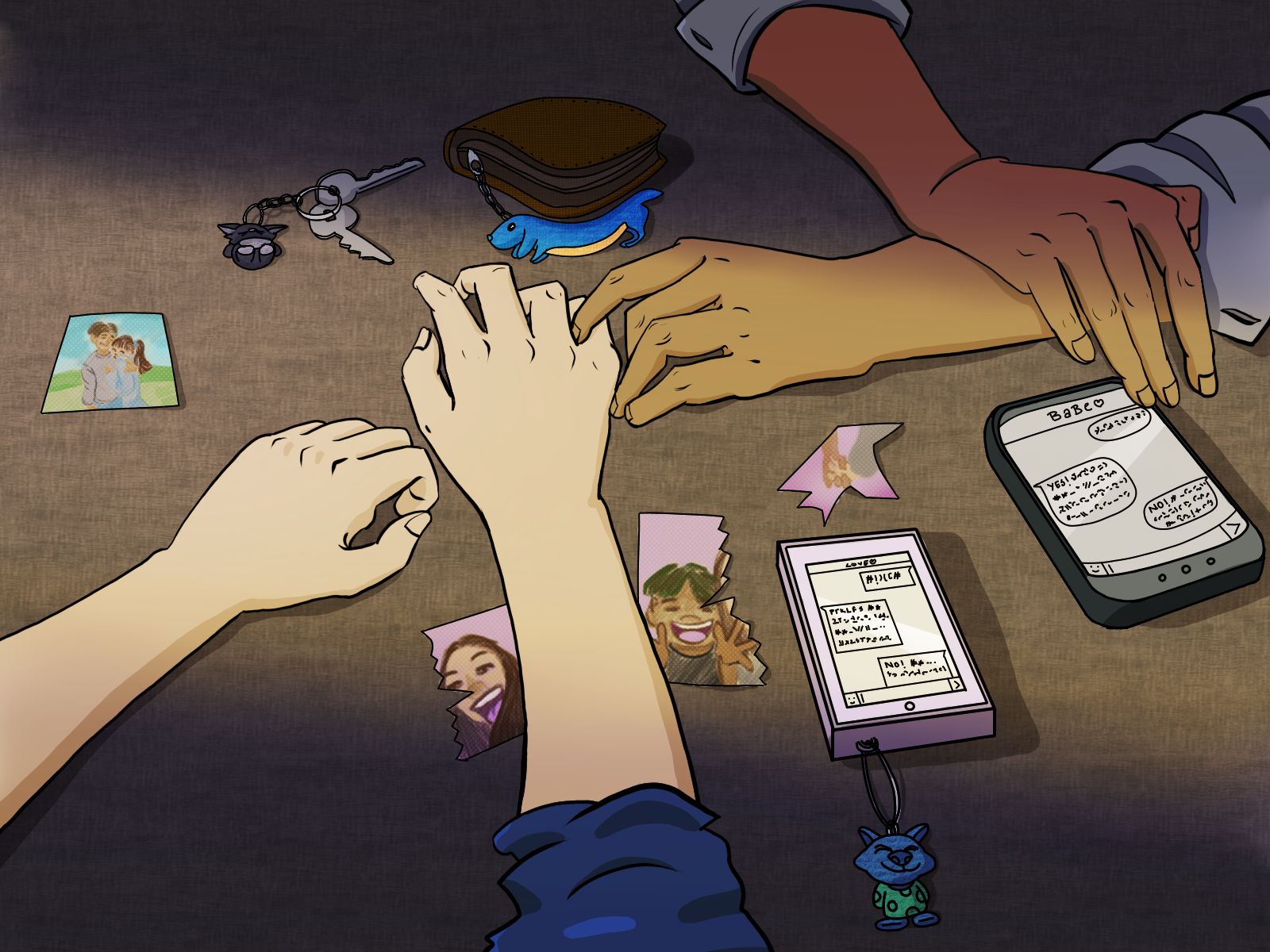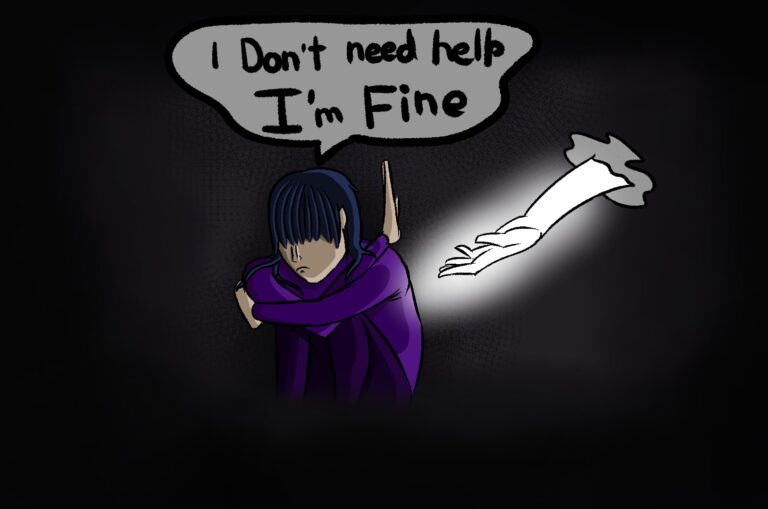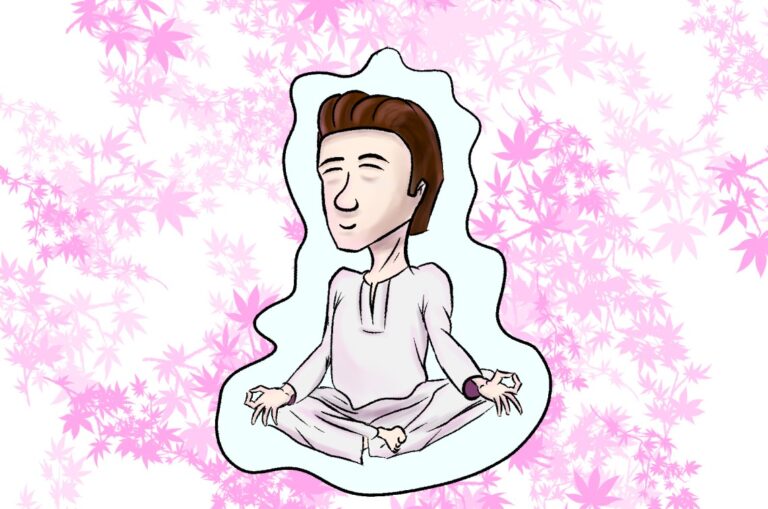Beyond the Crush: Love or Limerence?

So, you say you’re in love? Have you given yourself enough time to reflect on why you believe that? Are you truly in love with the whole person (their traumas included), or is it just one attribute – their personality, their body, the way they make you laugh, or how they take your side when your friends poke fun at you? Or is it simply the fact that all your friends have a boyfriend, a girlfriend, or at least a harmless crush, and you don’t want to be left behind? You cling obsessively to a crush, a fleeting feeling, or even just the opportunity to become part of your friends’ conversations, to experience what they are feeling, to create your own relatable chaos, or to craft your own damsel-in-distress narrative.
One of my favorite stories began exactly like this. One fine night, my friend called me up, saying, “I’m in love, but I don’t know if he loves me too!” Me, being a good friend, immediately started questioning everything she was feeling to help her understand whether she was truly in love or if it was merely an obsessive affection for someone who had shown her a little kindness for a few days.
“No, he helps me cross the road because he knows I’m afraid of traffic. He leaves cute little notes on my whiteboard when I’m not around, just to see my reaction. He even canceled his birthday party because I was out of town,” she insisted. She had some strong points, but after each ‘cute deed’ she described, my only question remained: “Isn’t it normal for any good friend, boy or girl, to do these things for you?” Agree to disagree, but I believe the real problem we are facing today in love, relationships, and marriage stems from our deep desire to be relatable or to be loved or understood by the person we like, that we end up messing it all up.
Oh, have you never opened Instagram at 1 a.m., already feeling restless, only to spiral even further when you see that studious school friend cuddled up with her new boyfriend? Or the college crush who used to like you now posting pictures with a “hot” new girlfriend, his sixth great love this year?
When did feeling ‘alone’ transform into a desperate need for a partner? Right there and then. That one goddamn post. Then another. And then another, maybe a Facebook update from yet another friend who just got married and apparently has the ‘Best Hubby in the World,’ just like your other twelve married friends. The relentless urge to have someone, just like your friends do, to post about them online, to upload anonymous date-night photos, to flaunt the new earrings he bought you, or to cherish the handmade card your girlfriend gave you after a tough day at work. The very idea of simply having someone to hug, post online, crib or vent to (even when there’s nothing really wrong) feels like love but in reality, it distances you from loving someone authentically or being open to true love.
Have you ever stopped to wonder what happens when that so-called love evaporates after a month of cute posts—and instead turns into petty fights over why you didn’t send a “Good Morning, Pineapple” text? You, my friend, were never truly in love. You were trapped in the dream world of limerence.
Limerence? Yes, you heard that right. What is limerence, you ask? Psychologist Dorothy Tennov, in her brilliant book ‘Love and Limerence’, describes it as an intoxicating early phase of love characterized by intense euphoria, a profound emotional connection, mood swings, intrusive thoughts, emotional overarousal, obsessive infatuation, and involuntary craving for the other person. Rethinking your past love choices already, aren’t you? Let me walk you through what you’ve actually been experiencing, step-by-step, and more importantly, why.
If you’ve ever played “He loves me, he loves me not” while wondering whether a friend or colleague has feelings for you, congratulations, you’ve been prey to limerence.
Love never seeks love in return.
Love doesn’t chase validation.
Limerence, however, thrives on the most toxic of red flags.
Uncertainty, whether the other person feels the same way, is the fuel limerence burns brightest on.
The slightest gesture, like “He smiled at me today” or “He asked if we should alternate gym sets,” can ignite months of obsessive daydreaming, stalking him around campus just to sit at the table behind him, eavesdropping on his conversations like it’s your life’s mission.And the only thing keeping you from confessing your feelings? The fear of rejection. That’s your biggest red flag. Because when you are truly in love, the fear of rejection fades. Even if your love is unrequited, you’ll accept it. You’ll move on, or at least learn to live with it. Love, even at its most vulnerable, is not compulsive. It is not obsessive. Limerence, on the other hand, is a relentless craving to be loved at any cost:
“What should I wear tomorrow so he notices me?”
“Should I cut my hair short to get his attention?”
“Should I date her friend to make her jealous?”These obsessive, self-destructive patterns belong more to Joe Goldberg (from the ‘You’ series by Caroline Kepnes) than to any healthy form of love.
From my perspective, Joe Goldberg is the perfect textbook example of limerence.
Every time he met a girl who shared his love of romantic literature or made him feel even slightly understood, he immediately believed he was in love. But in reality, it was always a short-term, compulsive obsession with being seen, loved, and validated. And when the initial high wore off, when the reality of real human imperfection set in, he would turn against the person he claimed to love, often hurting or killing them.Of course, most of us aren’t psycho-killers in the name of love. But haven’t we all, at some point, felt like a version of Joe? And that, my friend, has never been love. It was always limerence, hiding in the name of love, waiting to sneak up on you at your loneliest and darkest moments.









A very interesting article that defines limerence well.
I think we all have this but in different proportion but my question is how one can recognise and if you have some way to deal with it please share the path ….🙂
Wow, Matrika, such a beautifully crafted article. Now I’m dying to know more about this mysterious ‘secret friend’ of yours. Do tell!
Lovely article 🥹 So authentic and on point ❤️❤️